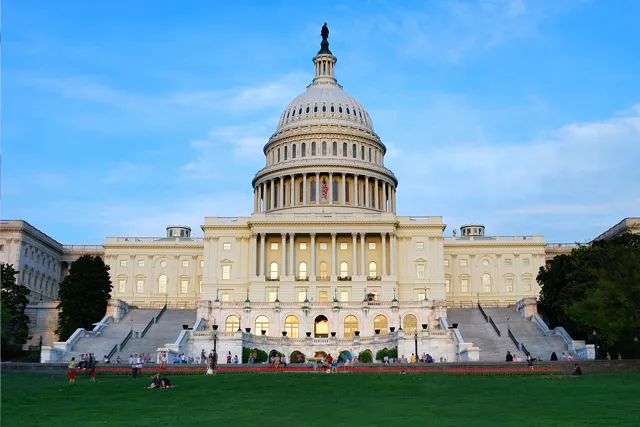Kohl’s Defense Squashed Amid TCPA Claims
Kohl’s, Inc has recently found itself in hot water for a potential class action lawsuit under the Telephone Consumer Protection Act (TCPA). Allegations claim that Kohl’s continued to send promotional text messages after being repeatedly informed that the Plaintiff no longer wished to receive them. Kohl’s motion to dismiss, which cited a recent Notice of Proposed Rulemaking (NPRM) issued by the Federal Communications Commission (FCC) was denied by the Court, so the case is still ongoing.
Background
In early 2022, the Plaintiff, Ruhi Reimer, provided consent to receive promotional text messages from Kohl’s. However, between May 2022-October 2022, Reimer submitted three requests in writing to opt out of further communications. The Plaintiff also requested that Kohl’s provide a copy of its Do Not Call Policy. According to the claim, Kohl’s continued to send 74 promotional text messages to the Plaintiff’s number after the initial opt-out in May 2022. Reimer alleges that the phone number in question was on the National Do Not Call Registry at all times during this period.
The Claims
As a result of the unwanted text messages, the Plaintiff is filing a class action lawsuit under the “DNC Provision” of the TCPA since Kohl’s sent promotional text messages to the Plaintiff’s number, which was registered on the National Do Not Call Registry after the Plaintiff requested not to receive such messages. Additionally, the Plaintiff also alleges that Kohl’s does not have the proper processes in place to ensure it does not send promotional text messages to numbers on the National Do Not Call Registry. If the class is certified, Reimer could represent all consumers nationwide who received promotional text messages from Kohl’s in the past four years.
The Plaintiff is also filing an individual claim under the TCPA for failure to receive a copy of the Do Not Call Policy.
Motion to Dismiss
Kohl’s motion to dismiss focuses on claiming that the DNC Provision in the TCPA does not apply to text messages. The basis of this defense relies on the NPRM released by the FCC on April 7, 2023. The purpose of this NPRM is to “clarify that the National Do-Not-Call Registry protections apply to text messages as well as voice calls.” Kohl’s is arguing that the FCC has not explicitly included text messages in the DNC rules and that even though the NPRM is trying to clear up the discrepancy, it’s forward-looking only.
In response, the Plaintiff points out that the TCPA currently states the National Do Not Call Registry is for consumers that do not wish to receive “telephone solicitations.” Telephone solicitations are defined as “the initiation of a telephone call or message for the purpose of encouraging the purchase or rental of, or investment in, property, goods, or services.” The Plaintiff goes on to say that historically calls and texts have been treated the same and the FCC is seeking to codify that opinion with the NPRM, not to change the law to include text messages. Based on this reasoning, the Court denied Kohl’s motion to dismiss.
Takeaways
While seemingly straightforward, this case highlights a few key points:
- In the post-Facebook ruling era we’re seeing TCPA cases trend away from calls to wireless numbers with an automatic telephone dialing system (ATDS), and toward National Do Not Call Registry-related claims.
- While an infrequent request, if someone requests a copy of your company’s Do Not Call Policy it likely indicates that the consumer is savvy, and possibly litigious, when it comes to the TCPA. Anyone capable of receiving such a request should be trained in the fulfillment process.
- While we know that Reimer opted out of communications in writing, it’s important to remember that consumers have the right to opt out of texts through various channels, such as calls, texts, and emails. Companies should make every effort to process Do Not Call requests regardless of channel of receipt and honor those requests as quickly as possible.
Should you have any questions about recent NPRM’s or National Do Not Call Registry compliance, please contact us at connect@compliancepoint.com.
Finding a credible expert with the appropriate background, expertise, and credentials can be difficult. CompliancePoint is here to help.





